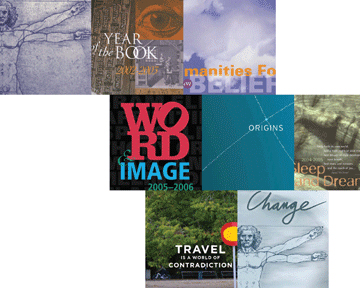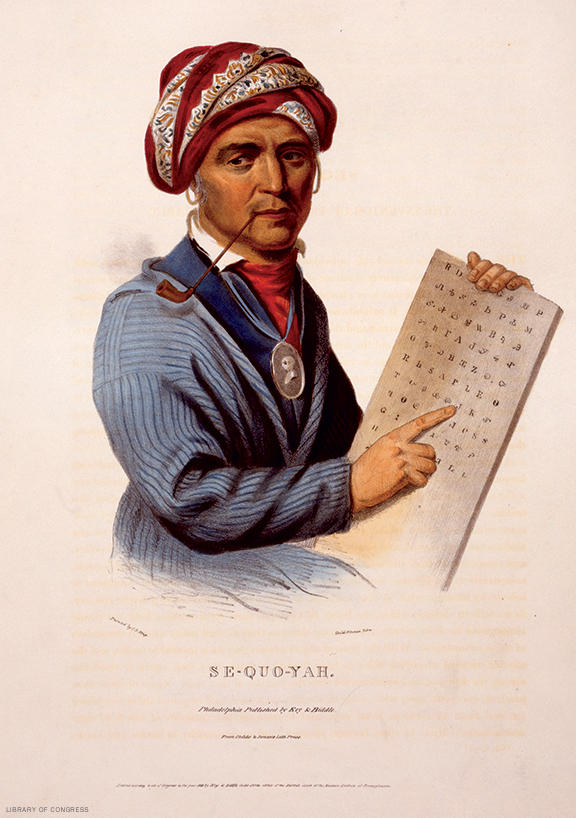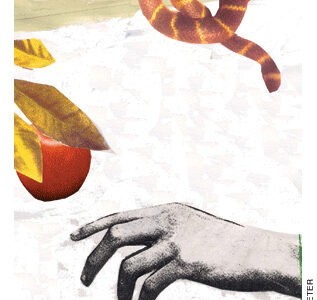
Its inaugural event back in March 1999—a “Celebration of Philadelphia Writers”—stayed close to home, but since then the Penn Humanities Forum’s programmers have ranged far and wide, examining such topics as “Time,” “Belief,” “Sleep & Dreams,” “Word & Image,” “Travel,” and, most recently, “Origins,” among others. This coming year the PHF will mark its 10th anniversary with a series organized around “Change”—beginning with a lecture on ancient notions of change by Princeton University philosophy professor Alexander Nehamas and climaxing with the premiere of The Loathly Lady, an opera conceived by Wendy Steiner, the Richard L. Fisher Professor of English and the Forum’s founding director [“The Wife, the Lady, and the Book of Dreams,” Mar|Apr 2007]. In between, speakers will look at change as it affects language, climate, and love, to name a few variations on the theme. (See the Forum’s website, http://humanities.sas.upenn.edu, for a complete list.)
Over the summer, Steiner answered some questions from Gazette editor John Prendergast on the Forum’s history, accomplishments, and plans for the future.
When the Forum was founded 10 years ago, what was the rationale?
In 1998, when planning for the Forum began, the country was still reeling from the culture wars, which depicted the university as an isolated, self-regarding, jargon-ridden rest home for lazy liberals. It seemed worth the effort for the humanities to meet this criticism halfway by showing how relevant and valuable our traditions of thought could be for everyone. Judith Rodin [CW’66 Hon’04], who was then Penn’s president, wanted to avoid the negative connotations of a think tank, and so one of my colleagues in the planning group, Gary Tomlinson [Annenberg Professor in the Humanities], came up with the name Forum. It was an excellent choice, since it so clearly identifies PHF as an inclusive public space for the exchange of ideas.
There were also institutional reasons for the creation of the Forum. The School of Arts and Sciences (SAS) had a long tradition of openness to interdisciplinary approaches, as was apparent, for example, in ongoing faculty seminars on ethnohistory, medieval/renaissance studies, and art and symbolic behavior. But beyond these specialized groups, most faculty and graduate students had few opportunities for contact outside their departments, and there was no place on campus that specifically fostered interdisciplinary interchange.
In addition, each year SAS had an influx of Mellon Postdoctoral Fellows [awarded annually to five junior scholars in the humanities who are not yet tenured] from far-flung places who had no intellectual base on campus, and many Penn undergraduates and graduates were looking for opportunities to develop their research skills. The Penn Humanities Forum arose to meet these various needs.
How are decisions about the yearly themes made?
The Forum solicits topics from faculty across Penn, with the proviso that the one who submits the proposal must be willing to follow through as its topic director, planning the year with me and participating in its events. The PHF Faculty Advisory Board meets twice yearly to choose proposals with the currency and interdisciplinary appeal to draw in outstanding postdoctoral applicants, faculty, students at all levels, and the general public. In any given year, we are programming the next year’s theme and have a topic in place for one or two years after that.
For the coming year, the theme is “Change.” Was that chosen with the anniversary in mind?
We’re rather proud of “Change.” It was chosen more than two years ago, before anyone could have predicted it would be the central slogan of the national elections. We considered “Revolution” at the time, but it seemed only a dramatic case of a much more intriguing general idea of something becoming different from what it was. As a 10th-anniversary topic, it suggested, too, the opening of a new phase in the Forum’s history, though not one, I hope, that will be totally different from our exciting first decade.
What has been the advantage of this organizing principle, are there any drawbacks, and do you expect the format to continue?
The advantages of the annual topic are obvious. It creates a unifying theme for the postdoctoral, faculty, and student research discussions at the Forum and an organizing principle for our public events. The topic permits the public and the University to spend time thinking about a set of ideas and to see what a wealth of thought comes together under these simple-seeming rubrics.
The disadvantages are equally obvious—and contradictory. In any given year, the Forum is unable to present or support the work of a great many interesting people, because it is not relevant to the topic. But at the same time, the work of the lecturers and researchers we do support may be only superficially connected, given the open-endedness of our topics. Since the Forum’s aim is interdisciplinary inclusiveness and wide public appeal, the advantages of the broad topics have seemed to outweigh their disadvantages. This may change as the years unfold.
What do you think has been the greatest accomplishment of the Forum?
The Forum has enriched the intellectual life of both Penn and Philadelphia with a steady stream of distinguished thinkers and artists.



